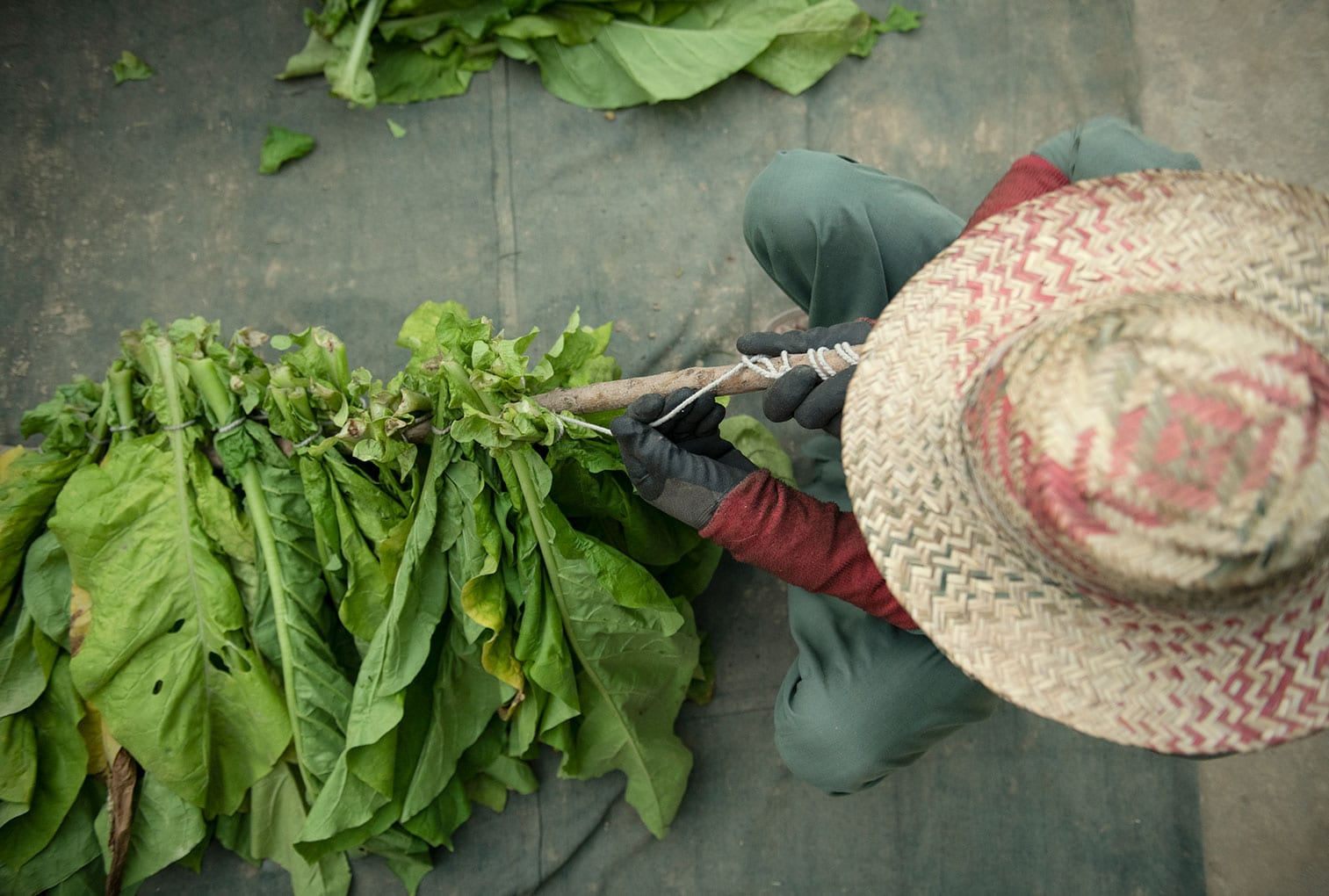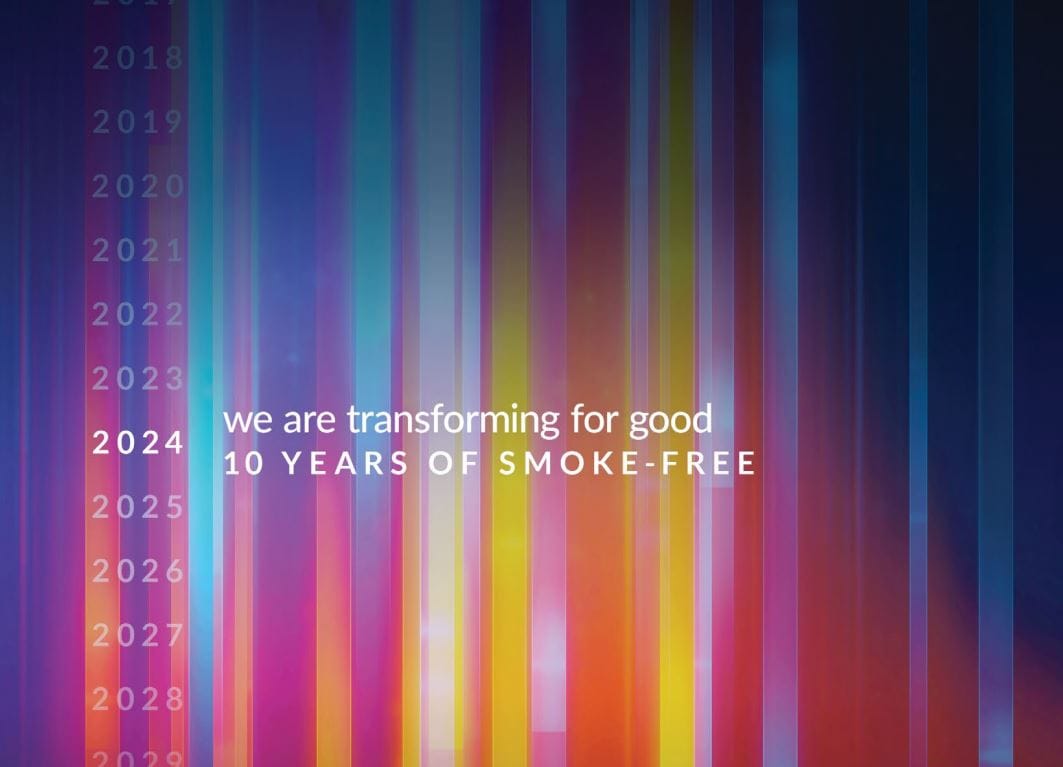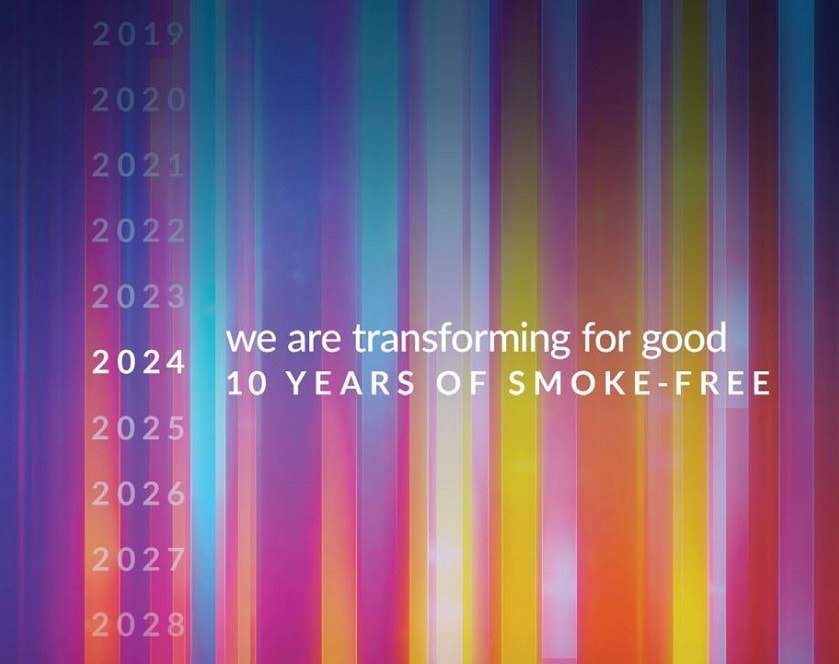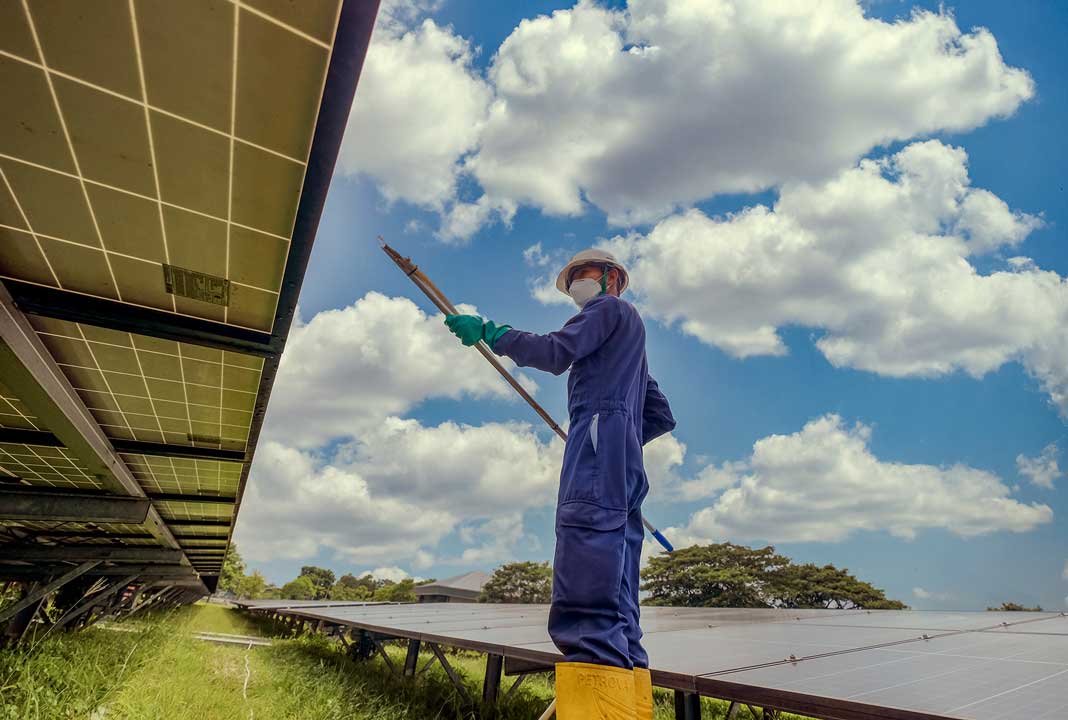
This achievement builds on more than a decade of implementing our Agricultural Labor Practices program, through which we have addressed systemic child labor in our tobacco supply chain and created a foundation for lasting improvements in the lives of farming communities.
Integrating a consistent and comprehensive strategy
HACE is a global specialist in child labor, and its data-driven benchmark identifies and acknowledges the highest-performing public companies operating in supply chains at risk. PMI’s high ranking demonstrates the successful business integration of a consistent, company-wide commitment to eliminating child labor.
The company’s approach goes beyond standard compliance, with a focus on comprehensive, on-the-ground action:
1. Monitoring: Running for over a decade, our Agricultural Labor Practices (ALP) program features intensive, farm-based monitoring of over 350,000 farmers. The program is backed by child-specific data collection and external verification in identified high-risk markets ensuring reproducible results.
2. Root Causes: Our commitment to addressing the fundamental drivers of child labor is behind our key initiative, Living Income Program. The program aims to ensure all farmers contracted by PMI make at least a living income by 2025— a critical enabler in mitigating the risks of child labor and other labor rights violations.
3. Executive Accountability: Our dedication is reinforced by tying sustainability Key Performance Indicators (KPIs), including eradicating systemic child labor in our tobacco supply chain, to executive compensation.
Looking ahead: Continuous improvement and strategic goals
Caring for the well-being of the people in our supply chain is fundamental to the company’s long-term sustainability goals, resilience, and success. Much of the tobacco we source is often grown on smallholder farms in many low- and middle-income countries. Improving farmers’ livelihoods plays a crucial role in eliminating risks like child labor.
PMI maintains continuous focus on preventing incidents of child labor. While we are confident that child labor in our tobacco supply chain has largely been addressed, our objective, to eradicate any isolated child labor cases by 2025, remains. We will continue to take immediate action whenever incidents are identified, ensuring that remediation is carried out in the best interests of the child.
As we extend our child labor strategy to new sourcing markets and other supply chains and actively engage in global collaboration, we remain focused on translating our commitment into measurable, positive outcomes for farming communities and children worldwide.
To further enhance our strategy and drive sector-wide change, PMI is proud to announce our plan to join HACE's Child Labour Working Group. This joint venture will help us build on our efforts, sharing best practices, contributing to policy shaping, and working alongside other industry leaders, investors, and experts.



